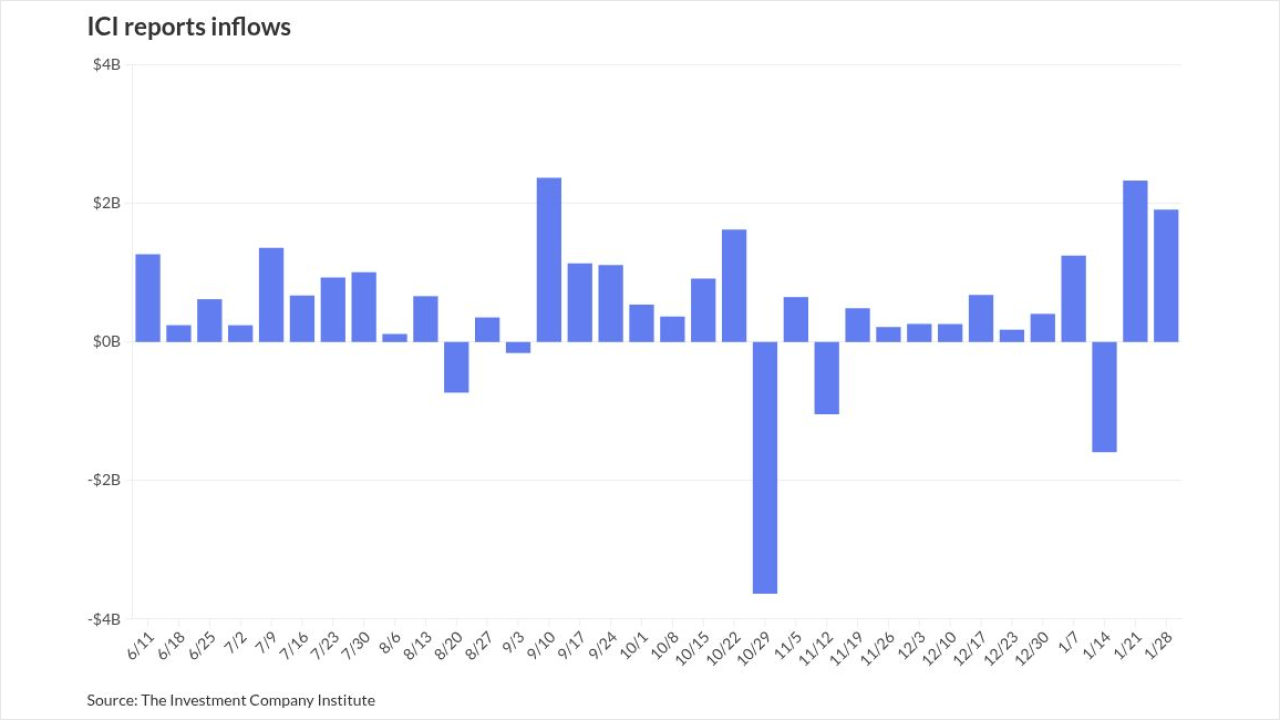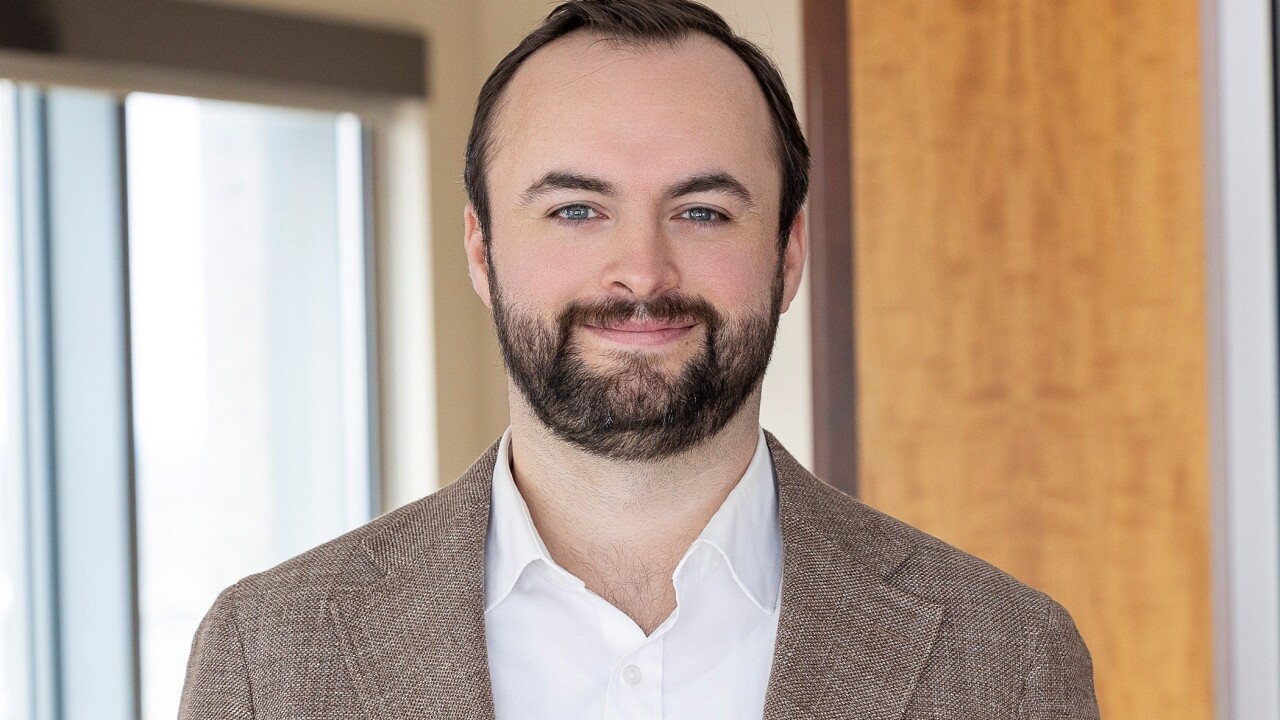
DALLAS – The popularity of the National Basketball Association's champion Cleveland Cavaliers may not extend to Cuyahoga County's proposal to sell $140 million of bonds to update the team's 22-year-old arena.
The county is considering a proposal to issue $140 million of debt to help finance renovations to the Quicken Loans Arena in downtown Cleveland.
The total bill, including interest on loans and creation of a rainy day fund for future sports facility work, is estimated at $282 million. The Cavs would contribute $122 million through increased rent payments and the rest would come from bonds that would be repaid through a combination of admissions taxes, sales taxes, a portion of the county's destination facility reserve funds unused on another project they were earmarked for, and a percentage of the hotel tax.
County officials have retained Squire Patton Boggs LLP, and Forbes, Fields & Associates Co. LPA to serve as co-bond counsel on the 2017 Arena Bonds. Stifel Nicolaus & Co. has been hired as financial advisor.
The timing of an authorization vote is not yet certain. A public hearing has been held and another is scheduled for March 14 prior to the 5 p.m. council meeting.
"Timeline on bonds and details related to that are all still to be determined," said Tad Carper, a spokesman for Quicken Loans Arena.
The project is aimed at upgrading and extending the life of the 22-year old venue, as well as address what are described as important structural and operational deficiencies in the facility. Backers say the upgrades will avoid the need to build a new arena at an estimated cost between $500 million and $750 million.
The renovations, supporters say, will ensure the team remains in Cleveland through 2034. As part of the deal, the Cavaliers would extend their lease by seven years. Once the project is complete, the NBA has agreed to allow Cleveland to be a host city for the NBA All-Star week in the near future. Supporters say the county-funded renovation is needed to preserve the revenue generated by the arena while opponents believe the county should get more out of the deal.
"The GCC has serious problems with the deal," said Rabbi Josh Caruso, a member of the Greater Cleveland Congregations, a coalition of congregations and community organizations in greater Cleveland area.
He was among the public speakers when the proposal was introduced at the county council's bi-monthly meeting Feb. 14.
"The public will be paying $38 million more than the Cavs when the cost of borrowing is factored in; how is that a 50/50 deal?" he said.
GCC is not against spending on the Quicken Loans Arena renovation; it's against providing for the rehabilitation without a similar commitment to the broader community. It has demanded that the deal include a neighborhood development fund that matches public investment in the stadium.
"What we're looking for is a revenue stream, some form of consumption tax tied to activity at the Q," said Pastor Jawanza Colvin of Olivet Institutional Baptist Church on Cleveland's East Side, and a GCC leader. "It could be a win-win for The Q. It doesn't have to be a zero-sum game, everyone can win in this."
The GCC has asked Cavaliers' owner Dan Gilbert to personally contribute $35 million to a Community Equity Fund that would match, dollar-for-dollar, all $160 million of the publicly financed portion of the Quicken Loans Arena renovation deal.
The $35 million that GCC wants from him would instantly capitalize the fund and provide start-up costs for the construction of two mental health crisis centers in Cleveland, one on the east side and one on the west. In addition to the crisis centers, GCC would like to fund "Job Access Pipelines" and "Neighborhood Capital Projects" with the community dollars.
"GCC's belief is that the financial benefit Gilbert and the Cavaliers accrue from the Q far outweighs what Cleveland-area residents receive in return," GCC leaders said in a statement. "Examples of these benefits include not paying property tax on the Q building, extracting exclusive value of the building's naming rights, and a Cavaliers franchise now valued at $1.2 billion, up from $375 million when Mr. Gilbert first purchased the Cavs, which the public helps subsidize through the current Q arrangement."
"We have that history of money that has come back in for the development but the citizens who funded that, who paid their taxes are not benefiting from it," Pastor Richard Gibson of Elizabeth Baptist Church said at the council meeting. "The simple question that we are asking is what the best return on investment is? There has not been any information provided to date about whether this is the best use of funds."
Supporters say the city and region can't afford to lose the valuable revenue created by the arena in the downtown area and argue the bonding proposal provides an innovative solution for extending the use and impact of the Quicken Loans Arena without the need for a much more expensive new arena.
"This is not about downtown vs. neighborhoods; it's about our collective futures," said David Wondolowski, executive secretary of the Cleveland building and construction trades council. "In 2016 Quicken Loans Arena generated $44 million in tax revenues and since it opened in 1994 has generated nearly $500 million in tax revenues. Where would we be without that?"
County officials say the arena was expected to generate $245 million in direct spending, $44 million in tax revenue, and help create and support 4,800 jobs in 2016.
Wondolowski also said that while the proposal relies on public funding it doesn't require any tax increases, relying instead on existing revenue streams.
The county, however, raised income taxes in November, ahead of the deal announcement, by 25% to pay for basic services.
"Why is this money needed if the city has millions of dollars available from the Q deal?" Caruso said.
In May 2014, Cuyahoga County voters approved a 20-year extension of the cigarette-and-alcohol tax but the $260 million in expected revenue from the tax through 2035 will go to cover maintenance costs at the arena, as well as the FirstEnergy Stadium and Progressive Field, home of the Cleveland Browns and Cleveland Indians, respectively.
The money cannot be used for capital improvements.
The county is rated AA-plus by Fitch Ratings and Aa1 by Moody's Investors Service. It has $243.8 million of outstanding general obligation limited tax debt, $75.5 million of lease revenue bonds secured by essential assets, $230.9 million of certificates of participation secured by non-essential assets, $17 million of appropriation guarantee debt and $383.1 million of non-tax revenue bonds outstanding.





